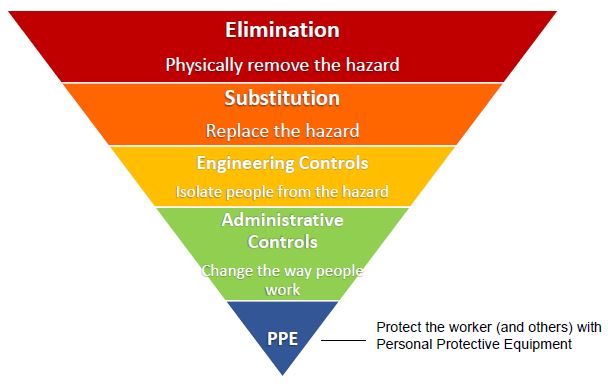With COVID-19 vaccines due to be rolled out next month, what should business owners do when the inevitable happens, and some Australians elect not to receive the jab?
Bodily integrity is a basic human right. We all understand that applying force to a person without their consent is against the law. We can’t literally force someone to take the vaccine. But those who rely on a pay packet can suffer an economic assault for failure to do their part to promote herd immunity; employers can effectively mandate vaccinations by threatening security of employment.
Bosses struggling with this issue will be caught between a rock and a hard place; they need to promote safety and profitability to keep the business afloat. But they are also required not to unlawfully discriminate, and not to terminate employment in a way that is harsh, unjust or unreasonable. They will need to respect their employees’ personal autonomy, but not at the risk of other employees’ safety.
Last year the Fair Work Commission considered unfair dismissal applications when Goodstart Early Learning terminated the employment of some staff members for refusal to comply with its compulsory flu vaccination policy. Deputy President Asbury accepted it was arguable that mandatory vaccination was lawful and reasonable in the context of providing care for young children.
Hospitals and government health authorities already require vaccination of front-line workers, but they don’t take a ‘one-size-fits-all’ approach. They have comprehensive policies that modify expectations of workers depending on the level of risk associated with their position. Staff with inadequate immunity (vaccine non-responders, those unable to be vaccinated on medical grounds and those unwilling to be vaccinated) can be subject to a range of responses.
Unvaccinated job applicants may be refused employment. Current employees may be redeployed to lower risk roles, subjected to additional infection control measures, directed to work from home or sent on paid or unpaid leave. Longer term options may include retraining the staff member to work in a lower risk area, or dismissal.
This approach is consistent with the COVID-19 vaccination guidance that came out of the USA’s Equal Employment Opportunity Commission last December; whether an employer can reasonably be expected to accommodate religious or medical objections to vaccination will depend on the circumstances of the employee and their position. If reasonable accommodation of this preference is not possible (safe), exclusion from the workplace may be required. But businesses were warned not to assume that dismissal is the only option.
In South Australia, employers who dismiss workers who refuse the jab will be relying on the ‘inherent requirement of the position’ discrimination exemption. In assessing whether immunisation against COVID-19 is an inherent requirement of your employee’s position, consider:
- The risks that the unvaccinated worker will be exposed to at work;
- The risks the worker may present to others;
- What measures are required to ensure their health and safety, as far as is reasonably practicable; and
- Whether these measures can be implemented in a way that enables the worker to retain their employment.
This assessment cannot be made without considering the hierarchy of control measures. Work, Health and Safety legislation ranks these control measures from most to least effective, and employers are required to use the most effective available control measure:
Hierarchy of Controls

If elimination is the most effective safety control measure then shouldn’t we exclude non-vaccinated people from the workplace? Not necessarily. There is a ‘reasonableness’ component to the legislation. There is also a weighing up of other considerations, including industrial fairness.
If it is possible to use a combination of these control measures in such a way as to effectively keep people safe and to enable an employee to retain their employment, then dismissal for rejecting the jab could well be discriminatory and unfair.
For further information or assistance to prepare a policy for managing vaccine refusal or to protect the privacy of staff with respect to their health information contact Thea Birss at tbirss@vardons.com.au or on 0422 203 184.